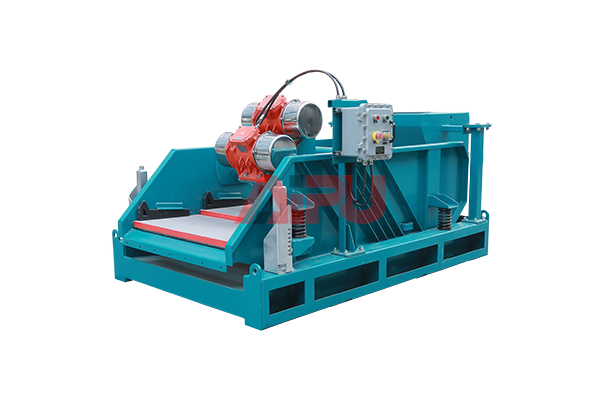Key Points in the System Operation of Solids Control Equipment
Effective operation of solids control equipment is critical for maintaining drilling efficiency, reducing waste, and ensuring environmental compliance. Proper system operation requires attention to several key factors that impact performance and longevity.

The first consideration is equipment configuration. A well-designed solids control system should include shale shakers, desanders, desilters, and centrifuges arranged in a logical sequence. Each component must be properly sized and matched to handle the expected flow rates and particle sizes. Incorrect configuration leads to inefficient solids removal and increased wear on downstream components.
Flow rate management represents another critical operational factor. The system must maintain consistent flow rates that match the equipment's design capacity. Too high flow rates cause bypassing and poor separation, while too low rates allow solids to settle in tanks and pipelines. Operators should monitor flow meters regularly and adjust pumps as needed to maintain optimal performance.
Proper maintenance procedures significantly impact system reliability. Regular inspection and replacement of screen panels on shale shakers, checking hydrocyclone cone wear patterns, and monitoring centrifuge bowl conditions are essential practices. Preventive maintenance schedules should account for operating hours and the abrasiveness of drilled formations.
Chemical treatment plays a supporting role in solids control efficiency. Proper use of flocculants, coagulants, and other additives can enhance separation performance, particularly in fine solids removal. However, chemical dosage must be carefully controlled to avoid interfering with downstream processes or creating environmental issues.
Monitoring and data collection provide the foundation for continuous improvement. Tracking key performance indicators such as solids removal efficiency, fluid properties, and equipment operating parameters allows operators to identify trends and make necessary adjustments. Modern systems increasingly incorporate automated monitoring and control features to optimize performance.
Personnel training remains a fundamental requirement for successful operation. Operators must understand not only how to run the equipment but also the underlying principles of solids control. Comprehensive training programs should cover normal operations, troubleshooting procedures, and emergency response protocols.
Environmental considerations have become increasingly important in solids control operations. Proper handling and disposal of separated solids, minimization of fluid losses, and compliance with regulatory requirements must be integrated into standard operating procedures. Many operations now focus on closed-loop systems that maximize fluid recovery and minimize waste.
If your project requires solids control equipment, choose Aipu Solids Control, it will be your best choice.
